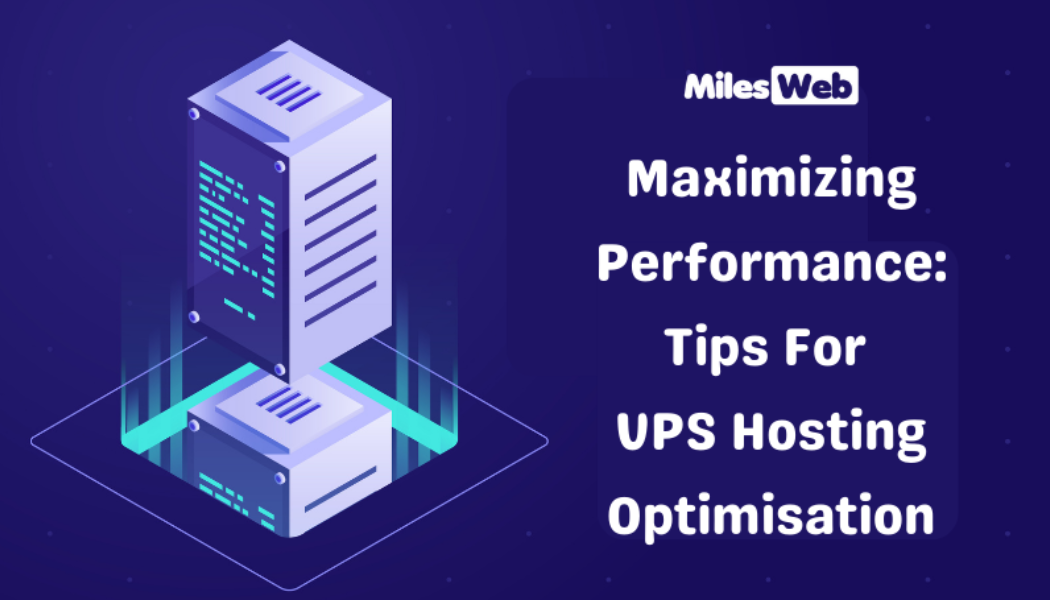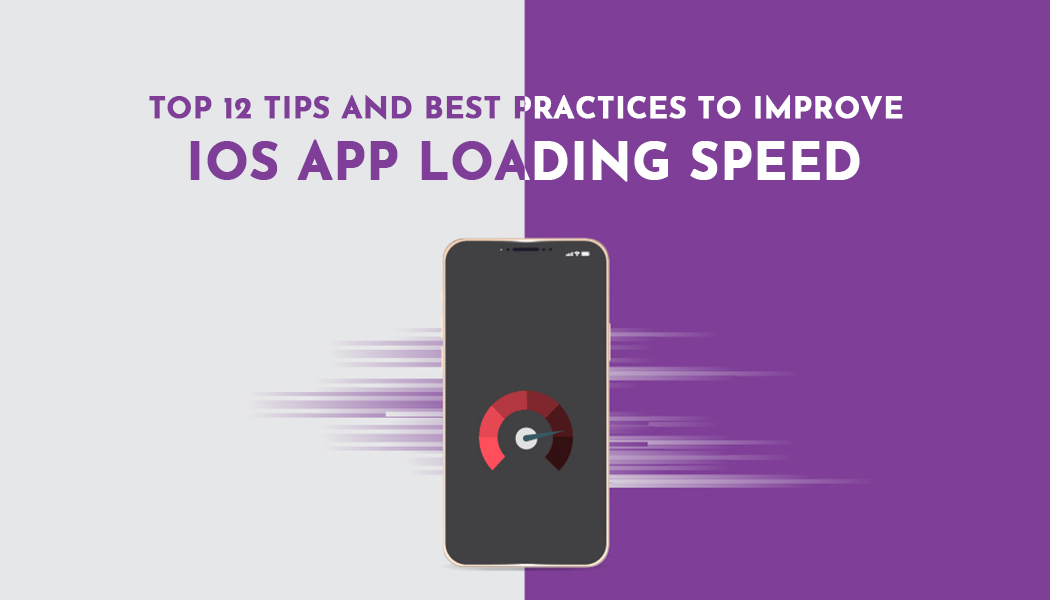Maximizing Performance: Tips For VPS Hosting Optimisation
VPS hosting is one of the considered web hosting services for business websites as it offers a unique blend of affordability and autonomy. However, the most significant advantage of VPS hosting is the direct influence on website performance.
As the digital world is becoming competitive, the efficiency of web hosting services is a paramount factor for websites’ success, especially for those considering Forex VPS UK.
The blog post delves deeper into the crucial task of optimizing VPS hosting. From accelerating load times to enhancing the overall user experience, we have mentioned actionable tips to elevate the VPS hosting performance. It ensures a seamless and high-performing online presence, even with a cheap Windows VPS hosting service.
VPS Hosting and Its Key Features
VPS hosting servers offer a virtualized environment. In essence, a physical server is categorized into multiple virtual servers, each functioning independently with its dedicated resources, operating system, and software. Below are some major features of the VPS hosting servers.
-
Isolation: VPS hosting servers are based on isolation, ensuring that the activities on one virtual server do not impact others. As a result, it provides stability and reliability.
-
Root Acces: A user with root access can install and configure software, customize settings, and manage security protocols.
-
Exclusive Resources: VPS hosting allocates specific resources such as CPU, RAM, and disk space exclusively to each virtual server, unlike shared hosting.
Tips for VPS Hosting Optimisation
Whether you’re a tech enthusiast or a business owner, these optimization strategies are your gateway to a faster, more responsive, and reliable virtual hosting experience.
Choosing the Right VPS Hosting Provider
Choose the right VPS hosting provider which is critical in optimizing the hosting experience. Below we have shared some of the following tips that ensure a high-performance environment.
-
Research and Comparison: Conduct thorough research on different VPS hosting service providers. There will be key factors such as server uptime, performance benchmarks, and user reviews to measure reliability.
-
Critical Considerations: Prioritise providers with a reputation for excellent customer support, ensuring timely assistance in case of issues. In addition, consider pricing structures to strike a balance between your budget and the features available.
-
Performance Factors: Choose the VPS hosting service providers that utilize SSD NVMe (Solid State Drives Non-Volatile Memory Expansion). Additionally, ensure that the service provider offers ample CPU, RAM, and bandwidth resources to accommodate the needs of your website and applications.
-
Security Measures: Ensure that your hosting provider has robust security protocols, such as firewalls, regular backups, and malware scanning. In addition, make sure the hosting solution you choose offers DDoS protection to keep you safe from cyberattacks.
-
Scalability: You should choose a web host that allows easy scalability, so you can adjust resources as your website or application grows.
Securing the VPS Environment
Securing the VPS environment is critical for protecting sensitive data and maintaining the integrity of your hosted content. Here are the key practices to enhance VPS security:
1. Robust Security Measures
Use robust authentication systems, such as SSH key-based authentication, to strengthen access controls. Ensure that all software, including the operating system and applications, is regularly updated and patched to address vulnerabilities.
2. Firewalls and Intrusion Detection Systems (IDS)
Configure and enable firewalls to manage incoming and outgoing network traffic. Utilize rules to allow necessary connections and services. Also, implement application-level firewalls to shield your data against potential threats targeting websites and applications. Furthermore, users can deploy intrusion detection systems to monitor and analyze network and system activities. Hence, there will be no intrusion activities. Additionally, configure alerts or automated reactions to probable security issues detected by the IDS.
3. Secure Protocols and Regular Security Audits
Users can secure connection through communication protocols like SSH, remote access, and HTTPS for website traffic. This can help encrypt the data in transit and protect against data breaches. Disable unnecessary services and protocols to minimize potential attack vectors. Furthermore, conduct frequent security audits to evaluate the VPS's overall security posture.
Summing Up
By following these VPS optimization tips, you've gained the knowledge to transform your virtual server into a high-performance machine. Remember, a well-tuned VPS translates to a faster, more responsive website or application, ultimately enhancing the user experience and boosting your online presence.
But VPS optimization is an ongoing process. Stay vigilant by monitoring your server's performance and resource usage. Embrace new tools and techniques as they emerge, and don't hesitate to consult your hosting provider for guidance.




